August 26
Anniversary of Women’s Equality Day
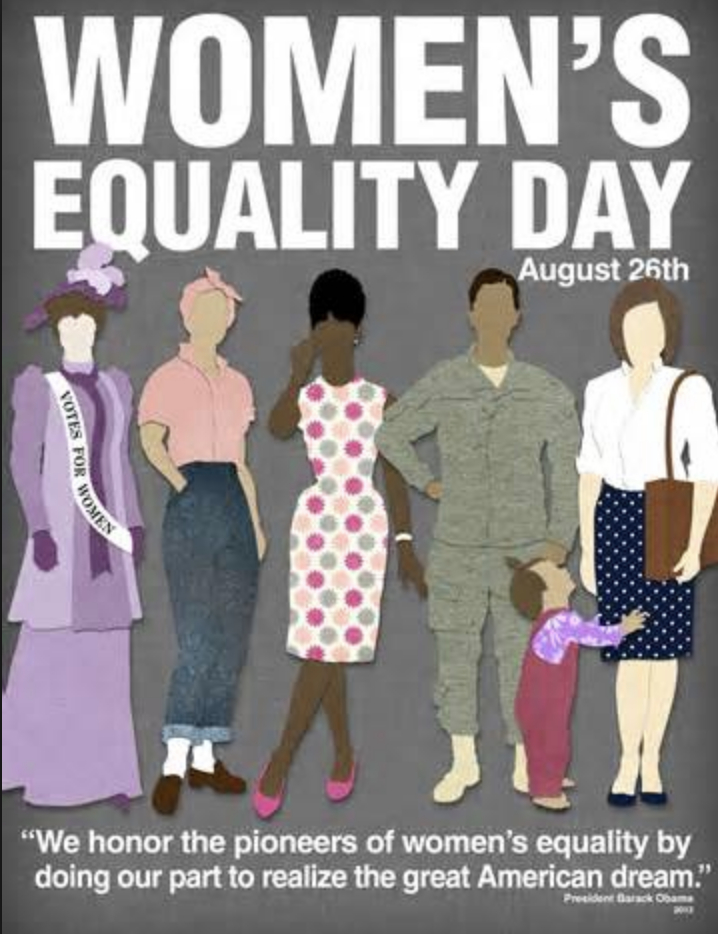
Happy Women’s Equality Day! Today is the anniversary of the adoption of the 19th Amendment extending the right to vote to women in the United States. Among the first to call for woman suffrage was freethinker Elizabeth Cady Stanton in 1848, who also proposed the text of the 19th Amendment, which passed in 1920.
—
Barbara Ehrenreich
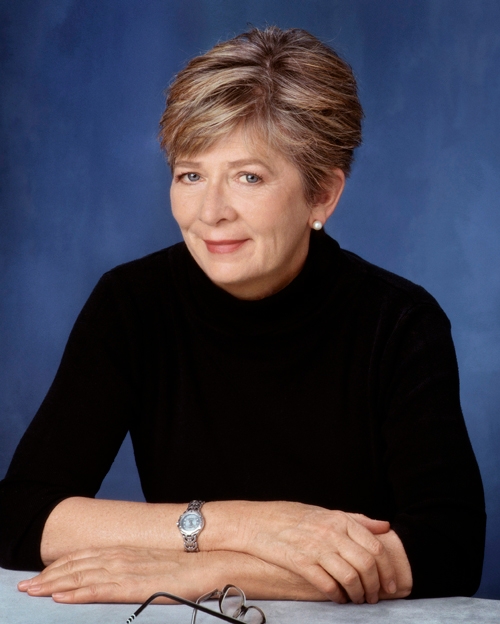
On this date in 1941, author Barbara Ehrenreich was born in Butte, Montana. She graduated from Reed College in 1963 and earned her Ph.D. at Rockefeller University in 1968, working in the field of science, then turning to writing. Witches, Midwives, and Nurses: A History of Women Healers (1972), co-written with Deirdre English, was a widely acclaimed exposé of male domination of female health care. Her essays are regularly featured in mass-circulation periodicals such as The Nation, Ms., Mother Jones, Esquire, Vogue and The New York Times Magazine.
For many years she was a regular columnist for Time. Other books include For Her Own Good: One Hundred Fifty Years of the Experts’ Advice to Women (with Deirdre English, 1978), The Hearts of Men (1983), The Worst Years of Our Lives (1990) and the classic exposé Nickel and Dimed: On Not Getting By in America, in which she went undercover as a waitress and member of the working-class poor. Her classic article, “U.S. Patriots: Without God on Their Side,” originally appeared in Mother Jones, February/March 1981, and is reprinted in the anthology Women Without Superstition.
In an essay for The New York Times Magazine, Ehrenreich proudly described her family as “the race of ‘none,’ ” as being “the kind of people … who do not believe, who do not carry on traditions.” She was named a Freethought Heroine by FFRF in 1999. Her acceptance speech was titled “My Family Values Atheism.”
She died of a stroke at age 81 at a hospice facility near her home in Alexandria, Va. (D. 2022)
"In my parents’ general view, new things were better than old, and the very fact that some ritual had been performed in the past was a good reason for abandoning it now. Because what was the past, as our forebears knew it? Nothing but poverty, superstition and grief. ‘Think for yourself,’ Dad used to say. ‘Always ask why.’ "— Ehrenreich, The New York Times Magazine (April 5, 1992)
Zona Gale
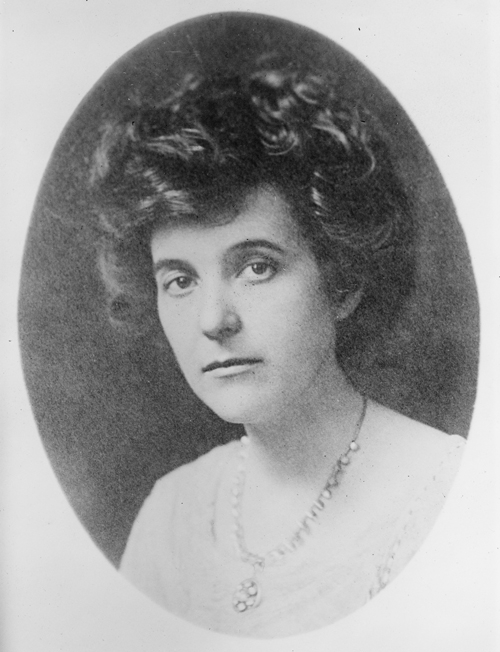
On this date in 1874, Pulitzer Prize-winning dramatist Zona Gale was born in Portage, Wisconsin. Following a siege of diphtheria, the once-stout child emerged with delicate health and a lifelong fragility and turned to imaginative play. Her mother was an ultra-religious Presbyterian but her father stopped attending church. A scoffer at an early age, Gale wrote in her unfinished autobiography that when her mother told her, at the age of 5, how Santa Claus comes down the chimney to deliver toys, she replied, “You can’t make me believe any such stuff as that.”
She received a degree in literature from the University of Wisconsin in 1895, then worked for two daily newspapers. She earned her master of literature degree in 1899 while churning out gothic tales. In 1901 she became a reporter for the Evening World in New York City, then a freelance writer, subsisting on legendary birdlike meals while sending money home to her parents. Her first book, Romance Island, was published in 1906. Gale’s series of sentimental stories, “Friendship Village,” about small-town life, appeared in major periodicals and the stories were later published in four volumes (1908-19).
She moved back to Wisconsin in 1911 and became an ardent supporter of progressive Sen. Robert M. La Follette, writing for his magazine. Her pacifism during World War I further radicalized her. She served as vice president of the Wisconsin Woman Suffrage Association and the Wisconsin Peace Society, shifting her writing from the sentimental to realism. Her important tragedy, Birth, was published in 1918, and Miss Lulu Bett (1920), an ironic, feminist look at small-town life, was a best-seller. Her dramatization of that novel brought her the 1921 Pulitzer Prize for Drama. In midlife, she married Will Breese. She continued working on progressive causes until her death at age 64 from pneumonia. (D. 1938)
‘Who made bed-time?’ I inquired irritably.
‘S-h-h!’ said Delia. ‘God did.’
‘I don’t believe it,’ I announced flatly.
‘Well,’ said Delia, ‘anyway, he makes us sleep.’
This I also challenged. ‘Then why am I sleepier when I go to church evenings than when I play Hide-and-go-seek in the Brice’s barn evenings?’ I submitted.”— Zona Gale, "When I was a Little Girl" (1913)
Robert Walpole
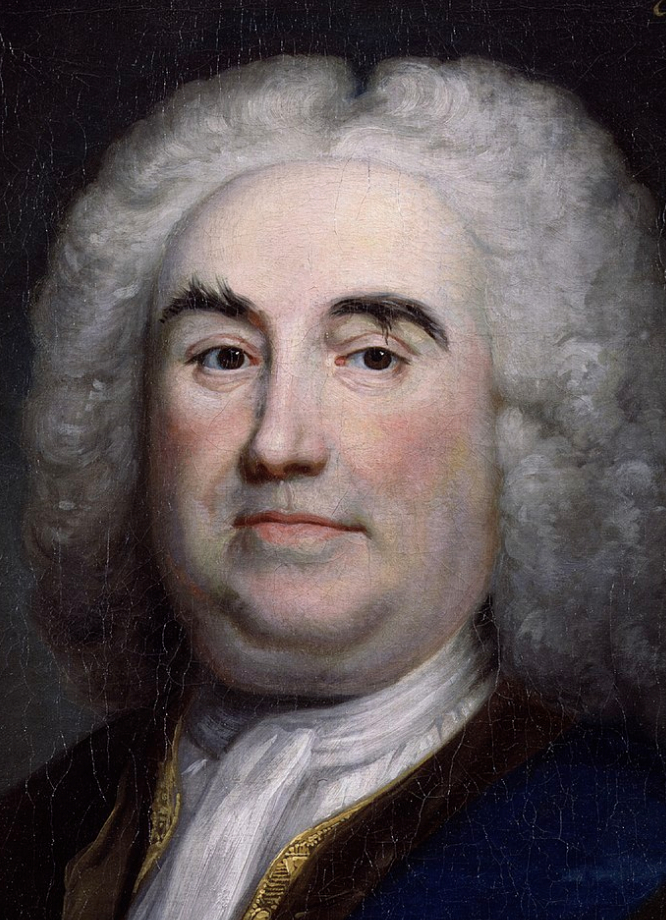
On this date in 1676, British statesman Robert Walpole was born in Houghton, Norfolk, one of 19 children. Educated at Eton and Cambridge, he represented King’s Lynn in the House of Commons for most of his adult life. He headed the War Office as secretary in 1708 and was named treasurer of the Royal Navy in 1710. That year he was imprisoned by the Tories for leading the opposition Whigs and was barred from office until 1715. He then became First Lord of the Treasury and Chancellor of the Exchequer.
Walpole was the only public official to openly oppose the Spanish War and is considered by some as one of England’s greatest statesmen. Walpole has often been called England’s “first prime minister.” He is also its longest serving. Although he publicly identified with the Church of England for political expediency, biographer A.C. Ewald called him a “sceptic as regards religion” who “carefully avoided ever coming into collision with the clergy.”
When Queen Caroline, a deist, lay dying, it was advised that the archbishop of Canterbury be summoned. Walpole, who was in attendance, remarked, “Let this farce be played; the Archbishop will act it very well. … It will do the Queen no hurt, no more than any good.” (Lord Hervey’s “Memoirs”) (D. 1745)
"A man whose life reflected a genial paganism, who regarded all creeds with the impartiality of indifference, and who looked upon religion as a local accident and as the result of hereditary influences, he now saw how powerful was the hold of the Church of England upon his sons.”
— "Sir Robert Walpole: A Political Biography, 1676-1745" by Alexander Charles Ewald (1878)
Shirley Manson
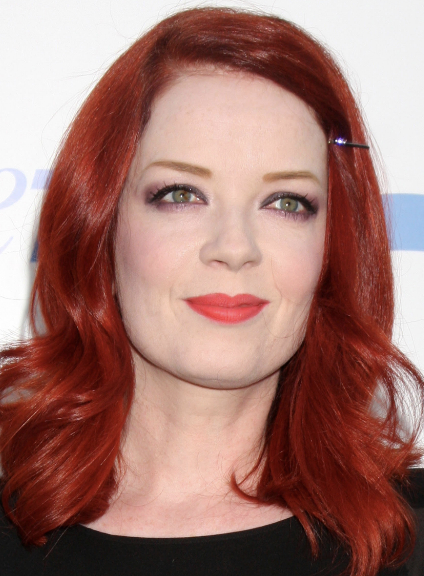
On this date in 1966, musician-songwriter Shirley Ann Manson was born in Edinburgh, Scotland, to big band singer Muriel (MacKay) and John Manson, a university lecturer. Manson started her music education in primary school with lessons for piano, recorder, clarinet and violin. She took part in amateur dramatic and musical performances in secondary (high) school.
Bullied and suffering from depression as a teen, she rebelled and started skipping school. She worked for several years in the retail sector and as a waitress while singing with local groups. Manson sang backing vocals and played keyboards for the band Goodbye Mr Mackenzie and then recorded albums with the group’s side project performing as Angelfish.
Drummer and co-producer Butch Vig of the alternative rock band Garbage was impressed with her musical abilities and stage presence and invited her to join the band. The 1995 debut album “Garbage” sold 4 million copies and was followed by five studio albums, with Manson assuming most of the songwriting duties. The first four albums were recorded at Smart Studios in Madison, Wis. (also FFRF’s home turf). Garbage toured worldwide and sold 12 million records over 10 years.
In 2009 she announced she was stepping away from music but the hiatus was brief. She performed with The Pretenders, Iggy Pop, Incubus and Kings of Leon, Gwen Stefani and No Doubt. Manson and Garbage reunited to record the albums “Not Your Kind of People” and “Strange Little Birds” in 2012 and 2016. A 2019 Irish Times story (“Garbage in Dublin: Manson emerges on stage, an absolute badass”) reviewed her contralto voice as “note-perfect” 24 years after joining Garbage.
In July 2019 she was announced as the host of the new seven-episode podcast “The Jump” featuring conversations with musicians about “the moments in an artist’s career where they decide to take a leap into something new, and after that, nothing is the same.”
Manson was married to Scottish artist Eddie Farrell from 1996 to 2003. She married record producer and Garbage sound engineer Billy Bush in Los Angeles in 2010. She has been actively involved in several charitable endeavors, including raising money for HIV-AIDS and children’s cancer research, Haiti hurricane relief efforts and People for the Ethical Treatment of Animals.
She told Rolling Stone magazine in 1998 that she’s an atheist: “The perverse thing about my spiritual growth as a child was that my father was my Sunday school teacher. We grew up very much under Scottish Presbyterian schooling. I went to church every Sunday and when I was about 12, I had a huge fight with my father over the dinner table. I’m screaming at him that religion’s a sham, it’s crazy and I’m not going to church anymore, it’s just bullshit.”
Photo: Manson in 2010 at PETA’s 30th anniversary gala at the Hollywood Palladium. Image via Shutterstock by Kathy Hutchins.
ROLLING STONE: Do you believe in God?
MANSON: No, not at all.— Manson interview with Rolling Stone magazine (September 1998)
